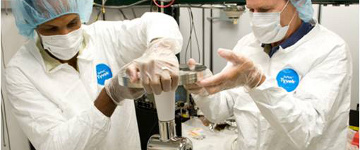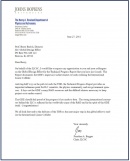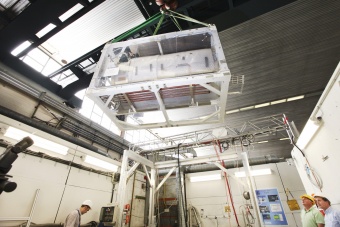Image of the week
Up in the airThe PCMAG – the magnet of the large prototype time projection chamber – will travel from DESY in Germany all the way to KEK in Japan. Before the magnet can begin its journey it must be properly wrapped and lifted out of the DESY test beam facility. Have a save trip PCMAG! |
In the News
-
from Black Hills Pioneer19 July 2011While international panel advocates for DUSEL science, $15M in necessary operating funds hang in budget balance
-
from Physics Viewpoint18 July 2011Now, a paper from the T2K (Tokai to Kamioka) experiment in Japan, reports the first possible observation of muon neutrinos oscillating into electron neutrinos at 500 km/GeV. They see 6 candidate signal events, above an expected background of 1.5 events.
-
from space.com14 July 2011The puzzling prevalence of matter over antimatter in the universe might be related to the bizarre space-time stretching caused by our galaxy’s spin, a new study suggests.
Copyright © 2026 ILC International Development Team




